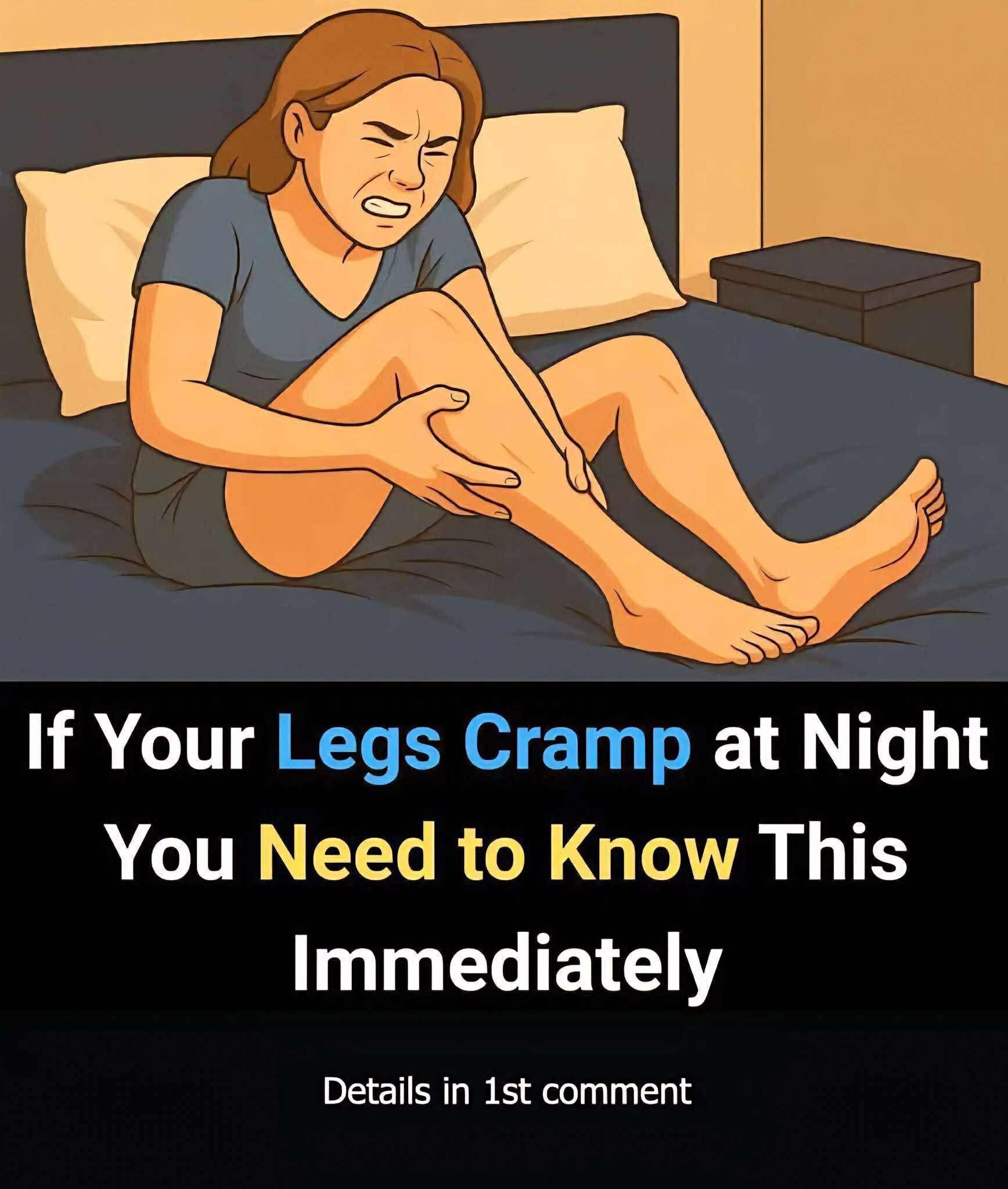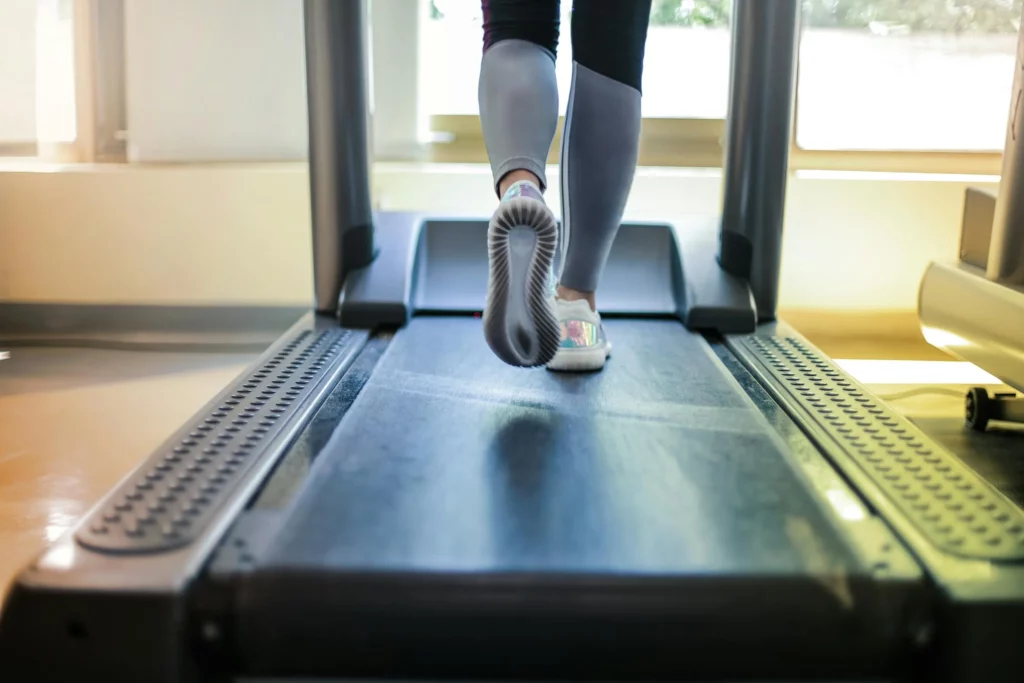Muscle cramps are sudden spasms of the muscles that cause pain. And while they are not usually harmful, they cause an uncomfortable feeling due to the severe contraction of the muscles.
The cramps can last from a few seconds to ten minutes and can affect the calf muscle and the muscles on the feet or the tights (the latter doesn’t happen as often.)
The reasons why cramps happen can be various.
The most common, however, are as follows:
1. Dehydration
Sometimes, leg cramps that happen during the night are caused by the lack of hydration as this condition leads to an electrolyte imbalance.

2. Mineral Deficiencies
Muscle cramps can also happen due to the shortage of certain minerals within the body, such as magnesium, potassium, and calcium.
3. Overexertion
Although exercises is good for the body, overexertion can sometimes overwork the muscles, leading to cramps.
4. Sedentary lifestyle
In order to function properly, muscles need to be stretched from time to time, which is something we often forget about when our job requires too much sitting throughout the day.
5. Improper sitting position
It’s easy for muscles to get strained in case of poor posture and prolonged sitting or standing.
6. Nerve Compression
Nerves in the legs may get compressed or pinched by conditions such as sciatica or herniated discs, which can result in cramps.
7. Pregnancy
The changes in hormone levels and the increased pressure on blood vessels can lead to muscle cramps at pregnant women.
8. Medications
The side effects of certain medications such as diuretics, statins, or antipsychotics can lead to muscle cramps.
9. Alcohol Consumption
The consumption of alcohol affects the body by causing muscle dehydration and mineral imbalances.
10. Certain Medical Conditions
Certain underlying medical conditions such as diabetes, kidney disease, thyroid disorders, and peripheral artery disease can also contribute to the development of muscle cramps. These health issues can affect blood flow, nerve function, or the balance of electrolytes in the body — all of which play an important role in muscle function. When these systems are disrupted, it can lead to painful, involuntary muscle contractions, particularly in the legs or feet.
To help prevent and relieve muscle cramps, there are several well-known treatments and remedies that can provide quick relief and reduce the likelihood of recurrence. According to Healthline, some of the standard methods include gently massaging the cramped muscle to help it relax and release. Stretching the muscle — especially calf or thigh stretches — can also provide significant relief.
Walking on your heels for a short period is another technique that may help alleviate leg cramps by engaging and relaxing the affected muscles in a controlled way. Applying heat to the cramping area, such as with a hot towel, heating pad, or warm water bottle, can soothe the muscles and promote better circulation. Some people have also found relief by drinking small amounts of pickle juice, which may help restore electrolyte balance, particularly sodium.
If the discomfort is more intense or prolonged, over-the-counter nonsteroidal anti-inflammatory drugs (NSAIDs) like ibuprofen or naproxen may help reduce pain and inflammation. However, if cramps occur frequently or are severe, it’s important to speak with a healthcare provider to rule out any serious underlying conditions and to develop a tailored treatment plan.
Please SHARE this article with your family and friends on Facebook.






